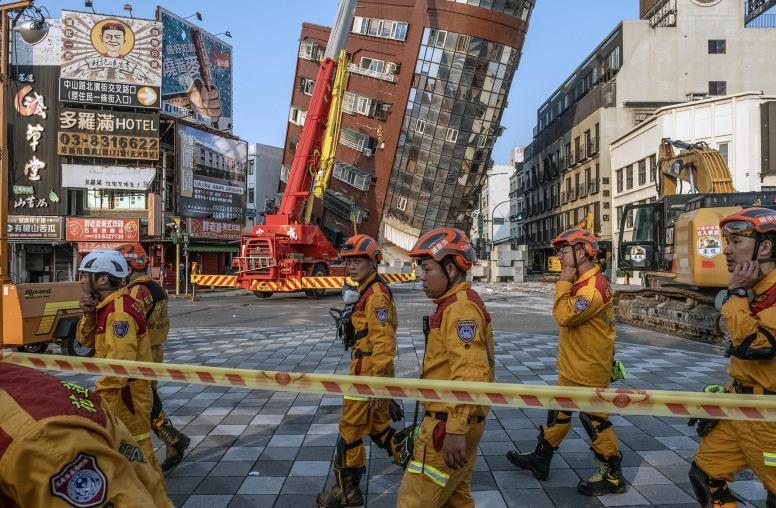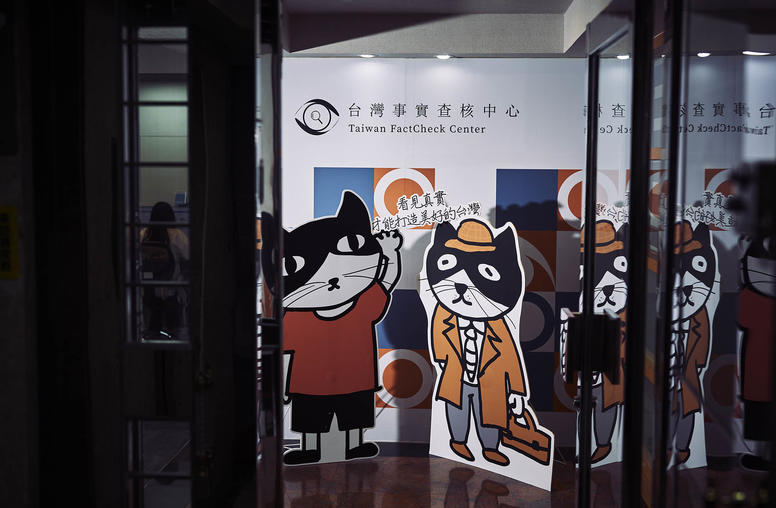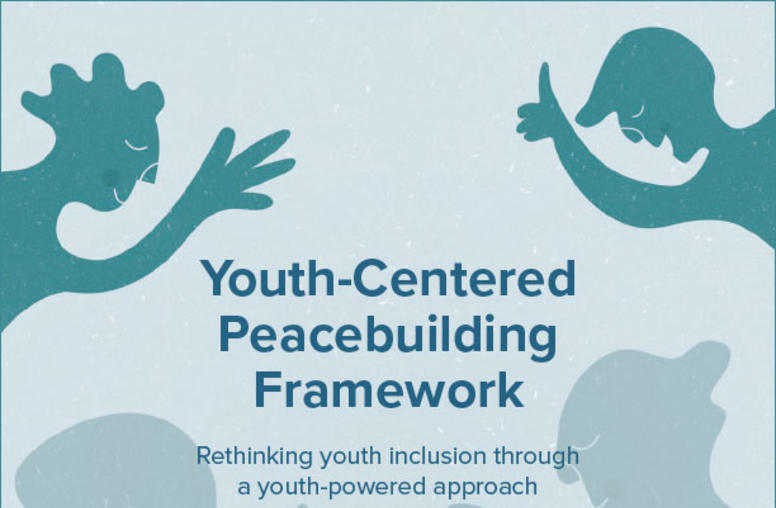Publications
Articles, publications, books, tools and multimedia features from the U.S. Institute of Peace provide the latest news, analysis, research findings, practitioner guides and reports, all related to the conflict zones and issues that are at the center of the Institute’s work to prevent and reduce violent conflict.

Ukraine’s New U.S. Lifeline: Why It’s Vital and What’s Next
This week’s U.S. approval of nearly $61 billion in funds for Ukraine’s defense is a lifeline in the Ukrainians’ struggle against Russia’s unprovoked invasion and the assault on peace and rule of law in Europe and beyond. Ukrainian troops have been rationing ammunition, their lack of defensive missiles has exposed Ukrainian cities to Russian aerial attacks — and many military analysts predicted a probable collapse on part of Ukraine’s eastern defensive lines. While this U.S. action boosts Ukrainians’ capacities and morale, ending this war will need further funds, forces and security measures for those fighting and suffering for their survival — and for the redemption of international peace through rule of law.

Stress Test: the April Earthquake and Taiwan’s Resilience
On April 3, Taiwan experienced its most powerful earthquake since 1999. The earthquake struck the east coast county of Hualian and was felt across the entire island, including the capital Taipei City. At least 18 people were reported dead and more than 1,100 people were injured. Taiwan’s high level of earthquake preparedness stems from its familiarity with seismic activity and most importantly, lessons learned from several catastrophic earthquakes over the past two decades.

Taiwan’s Democracy Prevailed Despite China’s Election Interference
The election of Lai Ching-te, or William Lai, as Taiwan’s next president despite firm opposition from China is a positive sign that democracy is alive and well on the island nation. Nevertheless, the fact that Lai, whom China has deemed a “troublemaker” and “separatist,” won by a narrow margin, and his Democratic Progressive Party (DPP) lost its majority in the Legislative Yuan, will be seen in Beijing as an acceptable outcome, as it restricts Lai’s ability to advance his agenda and reveals the limits of the DPP’s appeal.

After Taiwan’s Election, China Is Now Ratcheting Up the Pressure
Beijing is intensifying its pressure on Taiwan’s freshly elected president, William Lai Ching-te. Instead of relying on conventional military or economic pressures, however, Beijing has employed multifaceted tools of coercion to demonstrate disapproval of the January election results. Although China is carefully calibrating its behavior to avoid provoking Taipei or the United States, Beijing’s efforts to gradually change the status quo and erase the traditional boundaries between Taiwan and China could lead to escalated tensions and unintentional conflict.

What Does the Xi-Ma Meeting Mean for Cross-Strait Relations?
Chinese leader Xi Jinping held talks on April 10 with former Taiwan president Ma Ying-Jeou in Beijing’s Great Hall of the People. The meeting came as tensions between Beijing and Taipei remain high, particularly following Taiwan’s election at the beginning of the year, which saw pro-sovereignty candidate William Lai Ching-te win a historic third term for the ruling Democratic Progressive Party (DPP). Ma served as president from 2008 to 2016, is a member of the Nationalist (KMT) party and is known for advocating closer ties with mainland China.

Stability in West Africa: Working With Nigeria’s State Governments
As coups and other setbacks have stymied military-led efforts to stem upheavals in West Africa and the Sahel, a potent new constituency of leaders has just gathered to plan nonviolent strategies to stabilize their own core area of the region: northern Nigeria. In West Africa’s demographic giant, economic crisis is exacerbating intercommunal conflicts, crime and other violence — and Nigeria’s federalism gives vital roles to its states in addressing roots of these problems. Ten recently elected state governors gathered in Washington last month with peacebuilding and development experts, business leaders and senior U.S. officials; they resolved to strengthen and coordinate state-level stabilization strategies — an initiative that international partners should support.

Why Counterterrorism in Afghanistan and Pakistan Still Matters
From wars in Ukraine and the Middle East to rising tensions in the South China Sea, there is no shortage of crises to occupy the time and attention of U.S. policymakers. But three years after the U.S. withdrawal from Afghanistan, the threat of terrorism emanating from South Asia remains strong and policymakers need to be more vigilant. Indeed, at the end of March, an Afghanistan-based affiliate of ISIS launched a devastating attack outside of Moscow, killing over 140 people.

Youth-Centered Peacebuilding Framework
The Youth-Centered Peacebuilding Framework is a functional guide that proposes an actionable approach for the centering of youth in peacebuilding interventions. The guide operationalizes the concept of youth participation, starting from core principles and moving to practical guidance and specific action steps for meaningful youth engagement at different stages of a peacebuilding project.

Transnational Crime in Southeast Asia: A Growing Threat to Global Peace and Security
Organized crime is a significant driver of conflict globally. It preys on weak governance, slack law enforcement, and inadequate regulation. It tears at the fabric of societies by empowering and enriching armed actors and fueling violent conflict. In Asia, criminal groups prop up corrupt and dangerous regimes from Myanmar to North Korea, posing a direct threat to regional stability.

Senior Study Group on Counterterrorism in Afghanistan and Pakistan: Final Report
When announcing the US withdrawal from Afghanistan in April 2021, President Joe Biden identified counterterrorism in Afghanistan and Pakistan as an enduring and critical US national security interest. This priority became even more pronounced after the Taliban’s return to power in August 2021, the discovery of al-Qaeda’s leader Ayman al-Zawahiri in Kabul less than a year later, and the increasing threat of the Islamic State of Khorasan (ISIS-K) from Afghanistan. However, owing to the escalating pressures of strategic competition with China and Russia, counterterrorism has significantly dropped in importance in the policy agenda.